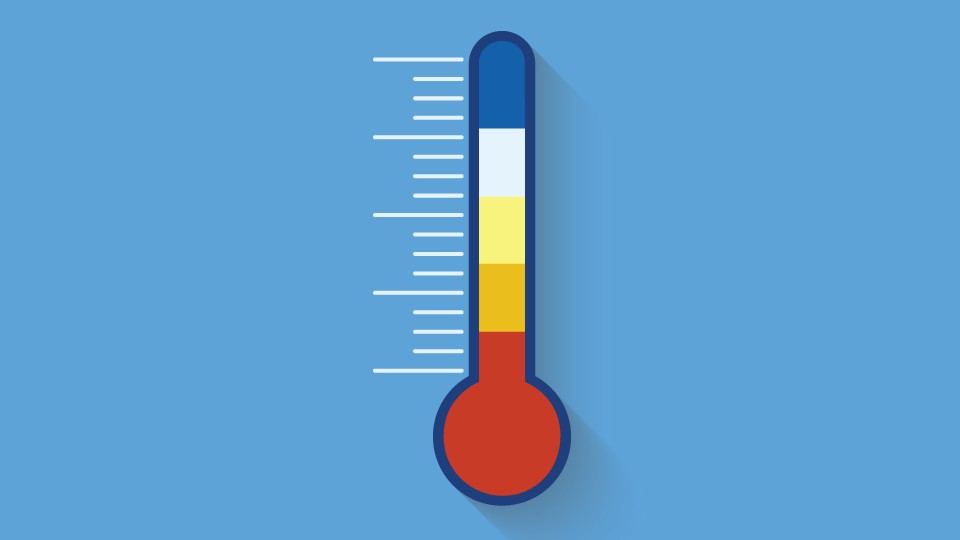A urine test tells a lot of things about the person’s health. It is a painless and efficient way to check the health status of the patient. There are various things that labs look at in your urine, and one such thing is the specific gravity of the urine. The urine gravity test is conducted to compare the urine density to the density of the water.
What is specific gravity of urine

The specific gravity of the urine defines the concentration of all the chemical particles in the urine. It is also called USG (urine specific gravity). It shows the health status of your kidney and how well your kidney is diluting your urine. The lab checks the specific gravity of the urine by using a dipstick. The dipstick change tells about the specific gravity of the urine. When the kidney not properly able to process your urine, then your urine become too concentrated. It means that your body is not getting enough water. You need to drink plenty of water to solve this issue. When you have diabetes, your urine is not concentrated enough, which can cause thirst. The urine specific gravity tells about your hydration and the function of the kidney.
The kidney plays a significant role in the filtration of the blood. It balance the electrolyte in the body. The urine specific gravity test is conducted when you have the following abnormalities in the body.
1> Low body fluid, also known as dehydration
2> Excess body fluid, also known as overhydration
3>Sugar in the urine
4> Heart failure
5> Kidney failure.
6>Low and high sodium level in the blood
7>Diabetes
8>urinary tract infection
9>Brain injuries
The urine specific gravity test evaluates the urine concentration and tells about the water balance in the body. It gives the estimation of the protein and glucose present in the urine.
How to prepare for the urine specific gravity test?
USG test can be performed at the bedside, and it can also be performed by sending a urine sample to the lab for the USG test. The patient should fast 12 hours before the urine sample collection. You should not take any drugs that increase USG.
You should consult the doctor before taking the dose. There is nothing to get discomfort about the USG test. For the USG test, the lab only requires your urine.
The USG test is usually conducted in the morning. The lab collects one or two ounces of your urine. The lab will give you a specimen cup for urine collection. Urinate in a specimen cup given to you, and the lab will need only a small amount of your urine. The fresh morning urine is the most concentrated. The fresh urine sample will ensure the best result, so it is essential to give the test’s fresh urine. The labs now prefer the refractometer method over the dipstick method. The refractometer is a reliable way of measuring the specific gravity of the urine.
Analyzing the result of USG (the urine specific gravity test).
When your urine is too concentrated, it gets dark in color, which means you are not drinking enough water. When you are well hydrated, your urine gets lighter. Looking at the color of the urine is not gives you all the information. The USG test tells about the overall concentration of the urine. An average person with a healthy kidney has the specific gravity in a range of 1.002 and 1.030, which means that your kidney is working properly. The specific gravity above 1.010 indicates dehydration, which means that you have extra substances like glucose, protein, red and white cells, bacteria in your urine.
source https://urinewarmer.org/what-is-specific-gravity-of-urine/

No comments:
Post a Comment